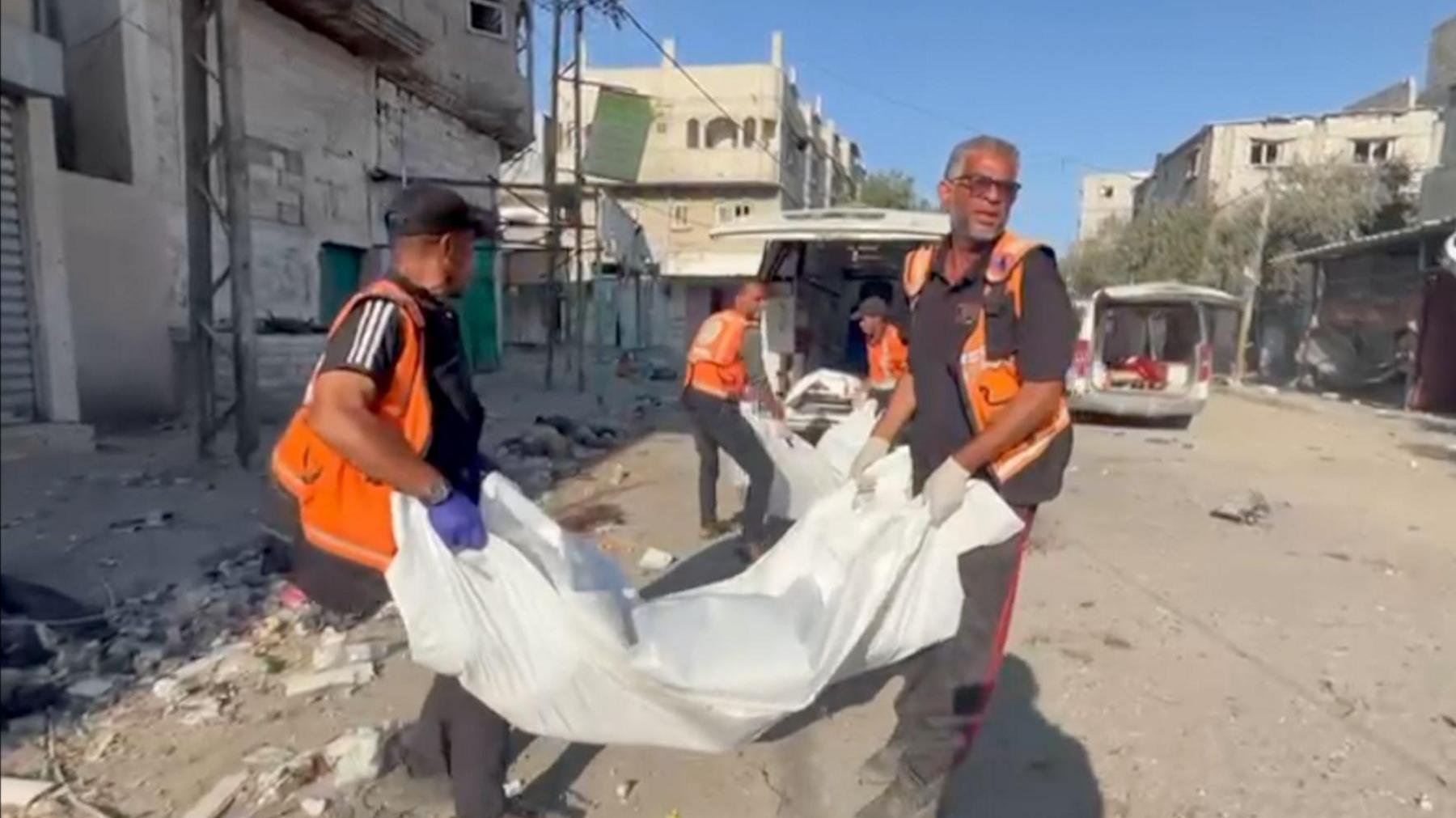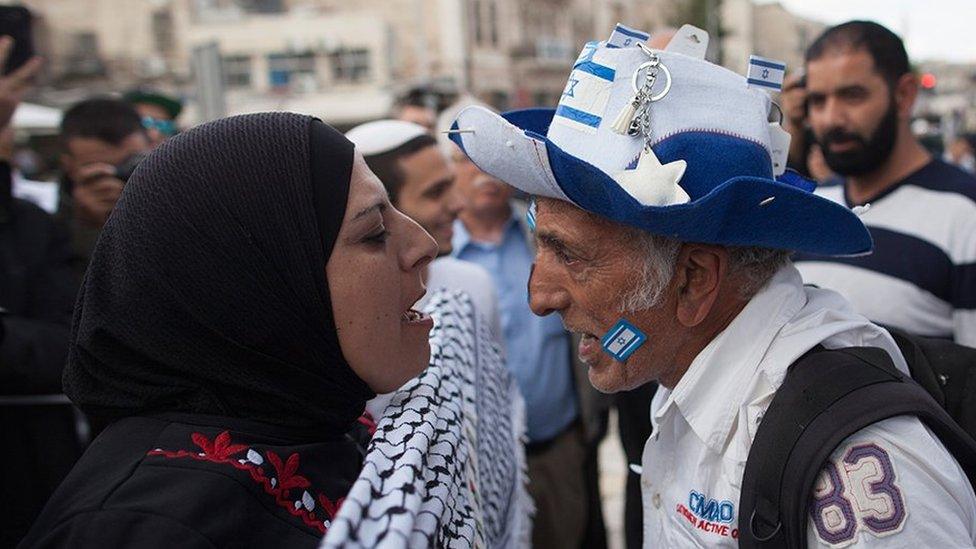Hamas-run health ministry says 141 killed in Israeli strikes
Chaos as people flee after an Israeli airstrike hits Khan Younis
- Published
The Hamas-run health ministry in Gaza says 141 Palestinians have been killed in Israeli air strikes since Saturday.
About 400 people have been injured, according to the health ministry's statement.
One of the air strikes hit a designated humanitarian zone in the al-Mawasi area near Khan Younis.
Israeli Prime Minister Benjamin Netanyahu said the attack was targeting senior Hamas leader Mohammed Deif, but there was "no certainty" that he had been killed.
An eyewitness in al-Mawasi told the BBC that it looked like an "earthquake" had hit.
Videos from the area show smouldering wreckage and bloodied casualties being loaded on to stretchers.
BBC Verify has analysed footage of the aftermath of the strike, confirming that it took place within an area shown on the Israel Defense Forces (IDF) website as a humanitarian zone.
Gaza's Hamas-run civil defence agency said that 17 people had been killed in a second Israeli strike on Saturday.
The attack is said to have targeted a prayer hall in the Shati refugee camp to the west of Gaza City. The Israeli military has not yet commented on the claim.
A Hamas official, cited by Reuters, called the attacks a "grave escalation" that showed Israel was not interested in reaching a ceasefire agreement.
The ceasefire negotiations being held in Qatar and Egypt ended on Friday without success, the BBC understands.
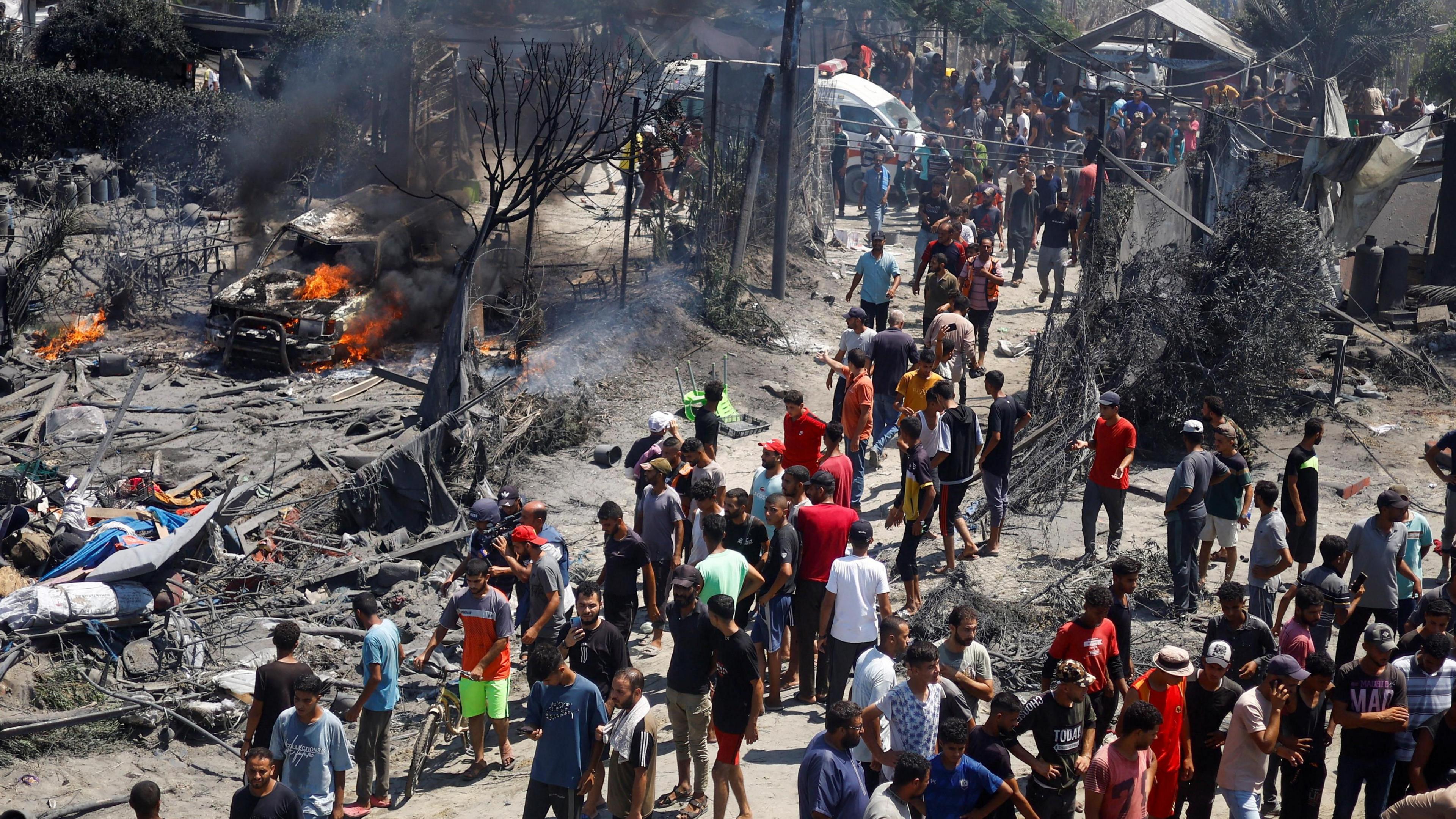
Images from Gaza show smouldering wreckage
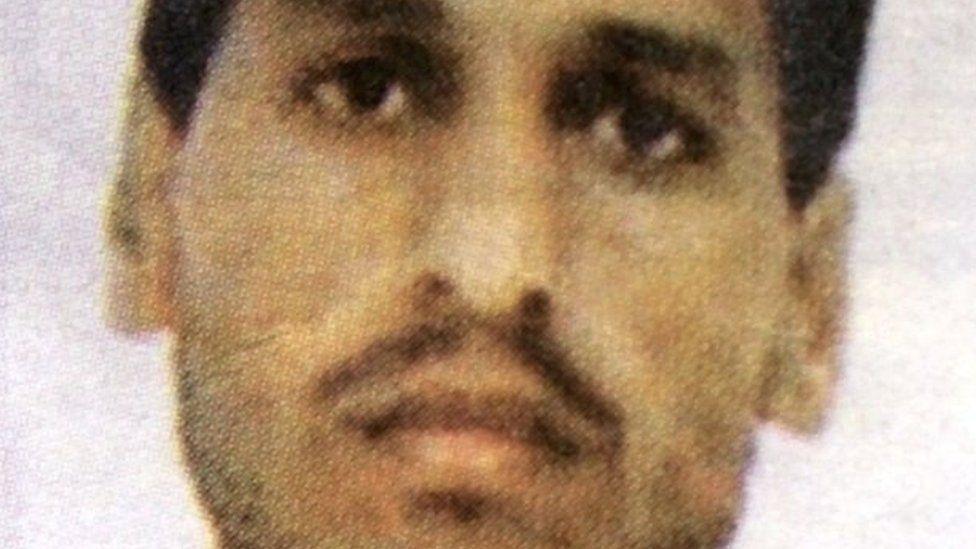
Mohammed Deif has been operating in the shadows of Gaza for decades
In a news conference on Saturday, Mr Netanyahu said he gave the order for the al-Mawasi operation to go ahead after being briefed by his general security forces.
He said he wanted to know there were no hostages nearby, the extent of the collateral damage and what kinds of weapons would be used.
He said the two Hamas leaders targeted had not been confirmed dead before promising to eradicate all of the group's senior members.
"Either way, we will get to the whole of the leadership of Hamas," Mr Netanyahu added.
Hamas leader Ismail Haniyeh, quoted by the AFP news agency, later accused Mr Netanyahu of seeking to block a ceasefire in the Gaza war with "heinous massacres".
Hamas said the claim that their leaders were targets was "false".
"It is not the first time Israel claims to target Palestinian leaders, only to be proven false later," the group said in a statement.
An Israeli military official said the strike took place in an "open area" where there were "no civilians".
He refused to say whether it was inside a designated safe zone, but said Hamas leaders had “cynically” set up in a civilian area.
The official also said he was unaware of any hostages taken during the 7 October attack on Israel being in the area.
He added that "accurate intelligence" was gathered before the "precision strike".
Speaking to Newshour on the BBC World Service, Dr Mohammed Abu Rayya, who is at a hospital dealing with the aftermath of the attack, said the majority of those injured were suffering from multiple shrapnel wounds.
He said it was like being in "hell", adding that many of the casualties were civilians, notably women and children.
Footage from the nearby Kuwait field hospital showed scenes of chaos with patients being treated on the floor.
The Nasser medical complex in Khan Younis is "overwhelmed" and no longer able to function, British charity Medical Aid for Palestinians said.
Who is Mohammed Deif?
Mohammed Deif, the head of Hamas's military wing the al-Qassam Brigades, is one of Israel's most wanted men.
He has near-mythical status in Gaza after escaping capture and surviving several assassination attempts, including one in 2002 when he lost an eye.
He was imprisoned by Israeli authorities in 1989, after which he formed the Brigades with the aim of capturing Israeli soldiers.
Israel accuses him of planning and supervising bus bombings which killed tens of Israelis in 1996, and of involvement in the capture and killing of three Israeli soldiers in the mid-1990s.
It is thought he was one of the masterminds behind the 7 October Hamas attack, when about 1,200 Israelis and foreigners - mostly civilians - were killed and 251 others were taken back to Gaza as hostages.
It led to the major Israeli military operation in Gaza which has killed more than 38,400 Palestinians, according to the Hamas-run health ministry.
Additonal reporting by Rushdi Abualouf
Related topics
- Published11 July 2024
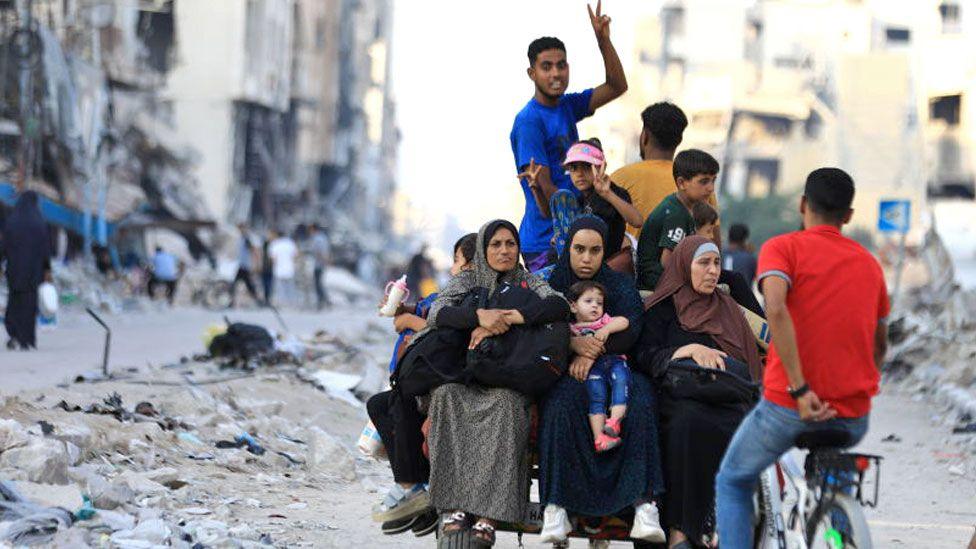
- Published12 July 2024
